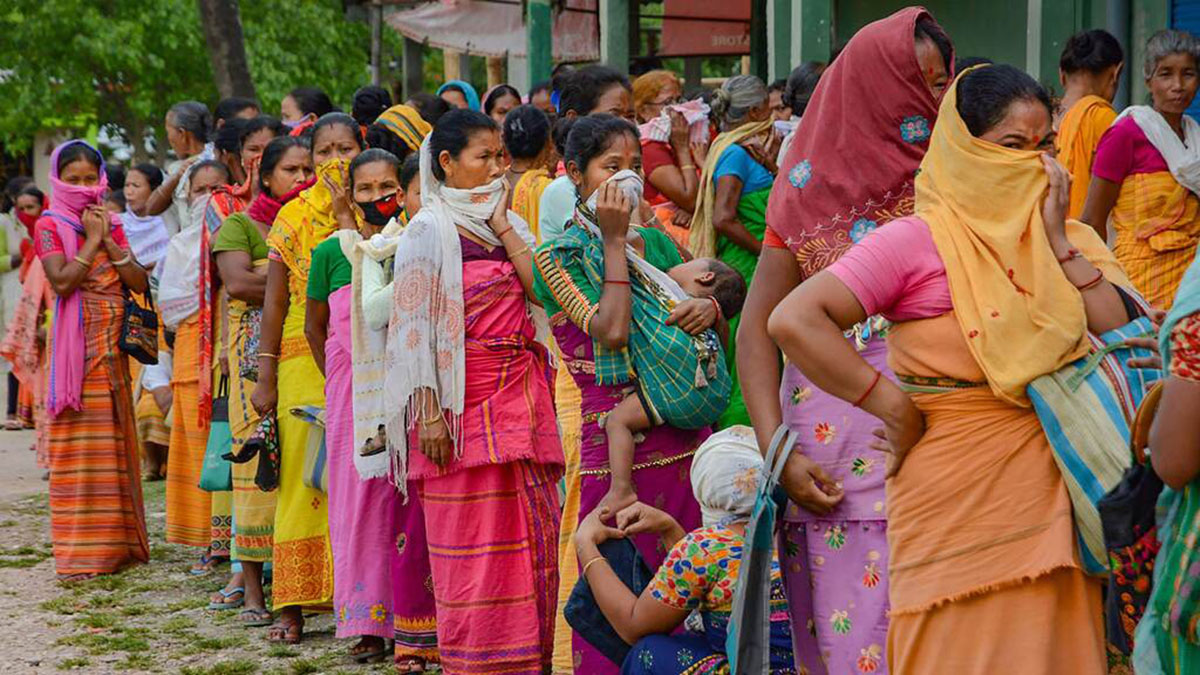) |
|
The Pradhan Mantri Jan Dhan Yojana (PMJDY), a pivotal initiative for financial inclusion in India, celebrated its tenth anniversary on August 28, 2024. Launched in August 2014 under the leadership of Prime Minister Narendra Modi, PMJDY was conceived as a national mission to integrate the vast unbanked population into the formal financial system. The program's primary objectives centered on providing every citizen with access to banking services, enhancing financial literacy, and ensuring that the benefits of economic growth reached even the most marginalized communities.
The success of PMJDY is evident in its remarkable achievements. As of August 14, 2024, the scheme had opened a staggering 53.13 crore bank accounts, dramatically increasing banking penetration across India. Of these accounts, 29.56 crore were opened by female beneficiaries, highlighting the program's crucial role in promoting gender equality in financial access. The total deposits in these accounts reached Rs 2,31,236 crore, demonstrating the growing trust of beneficiaries in the formal banking system. Furthermore, 36.14 crore RuPay debit cards were issued, facilitating cashless transactions and providing accident insurance coverage.
In 2018, PMJDY underwent a significant extension, shifting its focus from “every household” to “every unbanked adult,” demonstrating a renewed commitment to reaching the most marginalized sections of society. This extension has deepened the impact of PMJDY by ensuring that the benefits of economic growth are accessible to all. The scheme offers a suite of benefits designed to improve financial security and inclusion, including basic savings bank deposit accounts (BSBDA) with no minimum balance requirement, small accounts (Chota Khata) without the need for legal documents, free RuPay debit cards with accident insurance, overdraft facilities, and access to business correspondents (BCs) or Bank Mitras to provide banking services in remote areas.
The impact of PMJDY extends beyond India's borders, garnering international recognition for its role in reducing poverty and enhancing financial stability. Organizations like the World Bank, the International Monetary Fund (IMF), and the United Nations Development Programme (UNDP) have praised the scheme's effectiveness. Countries such as Bangladesh and Kenya have implemented similar financial inclusion strategies, inspired by the principles of PMJDY. Bangladesh has focused on mobile banking and microfinance initiatives, while Kenya's M-Pesa service complements PMJDY by extending banking through mobile technology.
Despite its significant accomplishments, PMJDY faces challenges that require attention. Improving financial literacy among beneficiaries, overcoming infrastructure limitations in remote areas, and addressing concerns about fraud and misuse are crucial to maintaining the scheme's effectiveness and ensuring that it continues to serve its intended purpose. Despite these challenges, the Pradhan Mantri Jan Dhan Yojana has transformed India's financial landscape over the past decade. By opening over 53 crore accounts, empowering millions, and integrating financial services with government schemes, PMJDY has made substantial progress in promoting financial inclusion. As India looks to the future, the scheme provides a strong foundation for continued economic growth and inclusivity, with a focus on overcoming existing challenges and deepening its impact across all sectors of society.
Source: 10 years of banking the unbanked: How PM Jan Dhan Yojana changed 53 crore lives
